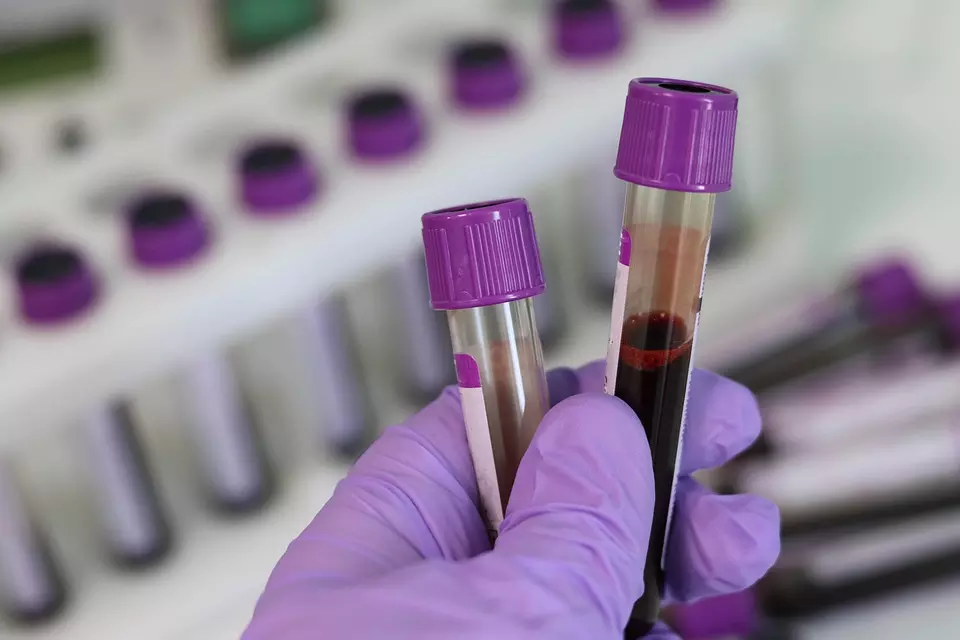
Nipah outbreak in Kerala: Two deaths; two more tested positive
Two family members of one of the deceased are currently receiving treatment in the intensive care unit in a Kozhikode hospital.

Union Health Minister Mansukh Mandaviya has confirmed that the deadly Nipah virus caused two deaths in Kerala's Kozhikode. He said a central team of experts has been sent to Kerala to take stock of the situation and assist the state government in the management of the Nipah virus infection. As per latest reports, two people under treatment have tested positive, upping the total number of infected to four, including the two deceased.
A 75-room isolation facility, with six ICUs and 4 ventilators, has been set and health professionals will be deputed from nearby districts, said Kerala Health Minister Veena George. Two more people under treatment have been tested
Earlier, the Kerala health department sounded a Nipah alert after "unnatural" deaths. Two family members of one of the deceased individuals are currently receiving treatment in the intensive care unit in a Kozhikode hospital.
Deaths due to Nipah virus infection were reported in Kozhikode district in 2018 and 2021. The first Nipah virus outbreak in south India was reported from Kozhikode on May 19, 2018. The district had then reported 18 confirmed cases and 17 fatalities. Only two people had managed to survive the infection. In 2019, a student from Ernakulam contracted the virus but he too survived after prolonged treatment.
According to the World Health Organization (WHO), Nipah virus infection is a zoonotic illness that is transmitted to people from animals and can also be transmitted through contaminated food or directly from person-to-person. Among infected people, it causes a range of illnesses, from asymptomatic (subclinical) infection to acute respiratory illness and fatal encephalitis. The virus can also cause severe disease in animals such as pigs, resulting in significant economic losses for farmers, WHO said.
(With Agency inputs)

